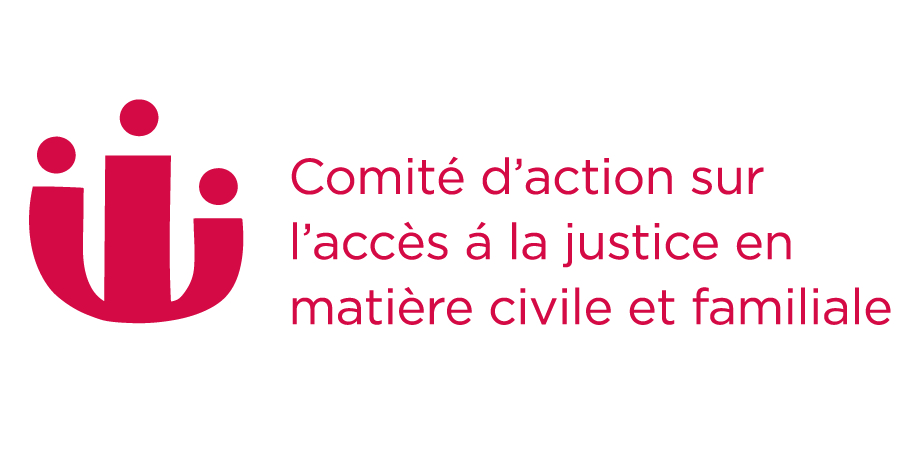Inventory of Reforms
Prince Edward Island Simplified Procedure (Rule 75.1)
Year:
1998
Description:
Rule establishing mandatory simplified procedure for actions of up to $25 000 in Supreme Court of Prince Edward Island.
Status:
Permanent implementation
Jurisdiction:
Prince Edward Island
Court:
Supreme Court of Prince Edward Island (Trial Division)
Body Responsible:
Rules Committee
Timeline:
1998: Simplified Procedure rule introduced
2001, 2003, 2004: Amendments made
Publications:
Prince Edward Island, Rules of Civil Procedure,PDFExternal Link r.75.1. [Annotated Rule]
Related Reforms:
Based on Ontario Simplified Procedure (Rule 76)
Development:
The Supreme Court of P.E.I. adopted the Ontario Rules of Civil Procedure in 1990. A substantial number of written decisions has been given by the Court addressing issues of interpretation and application of the Rules.
Rule 75.1 is modelled on r.76 of the Ontario Rules of Civil Procedure. There are two major differences between PEI’s Rule 75.1 and Ontario’s Rule 76:
- In Ontario, simplified procedure is mandatory in qualifying cases worth $50,000 or less, exclusive of interest and costs; whereas, in PEI’s Rule, the mandatory limit is $25,000.
- PEI’s Rule 75.1.03(2) requires the production of witness « will say » statements; whereas the corresponding Ontario Rule 76.03(2) does not.
Purpose:
The Prince Edward Island Rules of Civil Procedure were modelled on Ontario’s rules, with Rule 75.1 being implemented for the same reasons as Ontario’s Rule 76. The lack of proportionality between the amount being sued for and the cost of litigation places litigation outside the reach of most ordinary Canadians. The Zuber Report, which was considered by the Ontario Simplified Rules Subcommittee, demonstrated that for claims within the $25,000 monetary jurisdiction of the District Court the winning litigant was left with only 20-30% of his or her judgement after paying the legal fees.
Description of Reforms:
PEI’s simplified procedure rules reduce some of the steps typically required in the general procedure, such as discovery. These measures save costs for litigants and consequently make the courts accessible. The following is a description of some of the requirements stipulated in Rule 75.1:
- For an action to qualify under the simplified procedure rules, a plaintiff’s claim must be exclusively for money, real property, or personal property, and the amount claimed should be equivalent to $25,000 or less.
- Within 30 days of the close of pleadings, a party to an action must disclose all relevant documents to all other parties. This disclosure also includes the names of any witnesses (including experts) or potential witnesses, and a summary of their evidence. Failure to disclose will result in the evidence being excluded from trial.
- The following are not permitted in under Rule 75.1: Examination for discovery under Rule 31.03 or 31.10; Examination for discovery by written questions and answers under Rule 35; Cross-examination of a deponent on an affidavit under Rule 39.02; Examination of a witness on a motion under Rule 39.03.
- Rule 75.1 allows the dismissal of cases where if more than 180 days have elapsed since the day of the originating process; no statement of defence has been filed; the action has not been disposed of by final order or judgement; the action has not been set down for trial or summary trial; and the registrar has given 45 days notice that the action will be dismissed as abandoned.
- A case may also be dismissed if more than 150 days have passed since the filing of the first statement of defence or notice of intent to defend; the action has not been disposed of by final order or judgement; the action has not been set down for trial or summary trial; and the registrar has given 45 days notice that the action will be dismissed as abandoned.
- Settlement Discussions (R. 75.1.08) are required within 60 days after the filing of the first statement of defence or notice of intent to defend. The parties meet to discuss whether all documents relating to any matter at issue have been disclosed; and settlement of any or all issues is possible.
- After the close of pleadings, a party may move before a judge with supporting affidavit material for summary judgement (R. 75.1.07(1)).
- All parties must attend the pre-trial conference which can be conducted in person, or through video conferencing if an undue amount of travel is required. Before the pre-trial conference all relevant documents must be filed and delivered. At the pre-trial conference, the parties must agree on whether the trial should be a regular trial or summary trial. If they cannot agree, the judge will determine the mode of trial. The judge will also set the timetable for the delivery of affidavits.
- At a summary trial, evidence is given by affidavit. Parties adverse in interest may cross-examine the deponents of the affidavits, followed by a re-examination of up to 10 minutes. Oral arguments are limited to 45 minutes.
- Rule 75.1 provides for cost awards if a party fails to adhere to the rules.
Other Considerations
It is the procedure under Rule 75.1 which is meant to be simple – not the issues in the cases. The procedure is available for any action, except those referred to in Rule 75.1.01(1)…
The threshold test for granting summary judgment in an action brought under the Simplified Procedure Rule is much lower than the threshold test for obtaining summary judgment under Rule 20. If the court is satisfied there is sufficient material on which to resolve that issue on the motion, the court may grant summary judgment under Rule 75.1.07, notwithstanding there may be a genuine issue for trial.
Annotated Rule at 11
Revision History:
This summary was last reviewed in Oct 24, 2013



